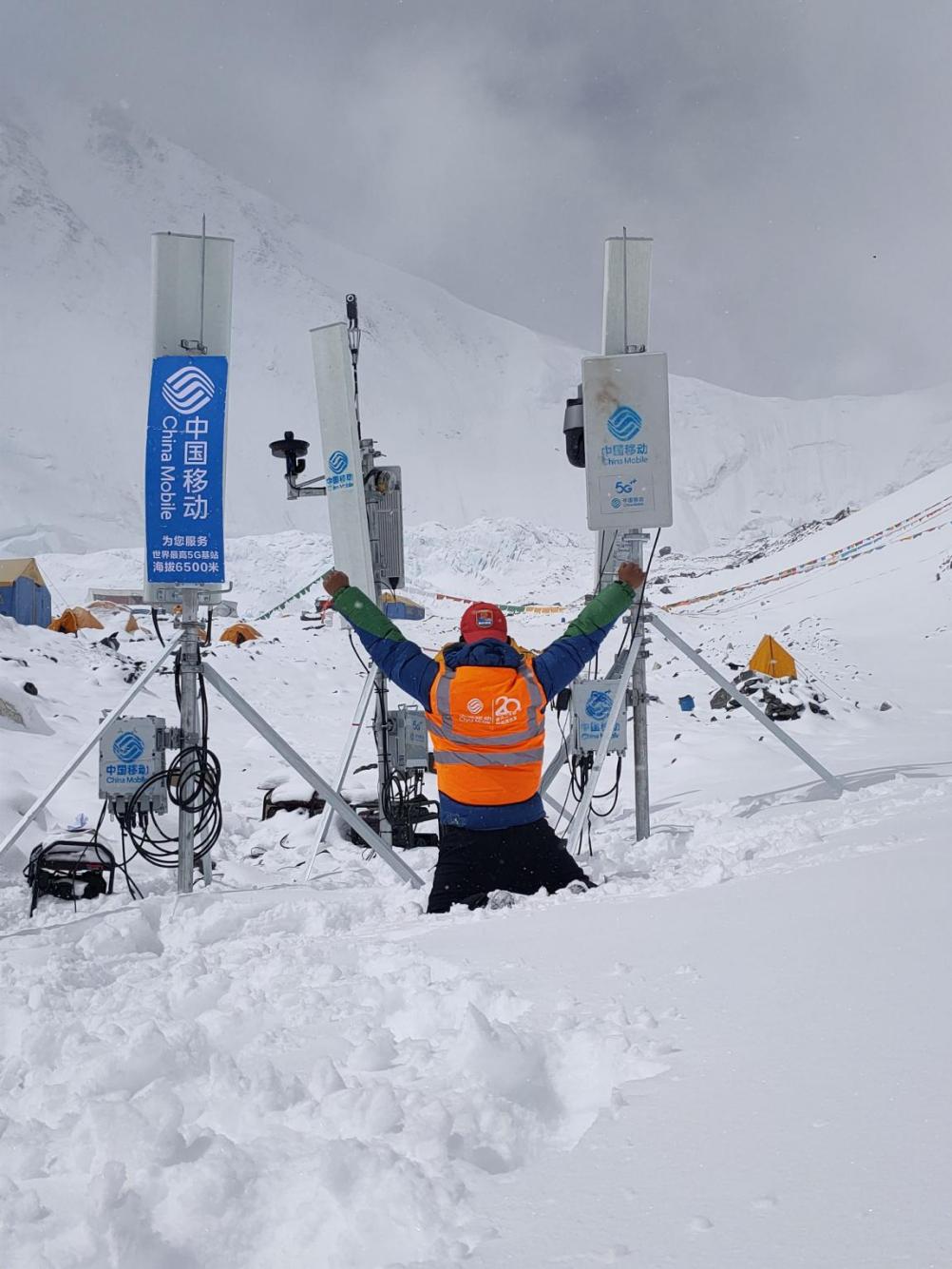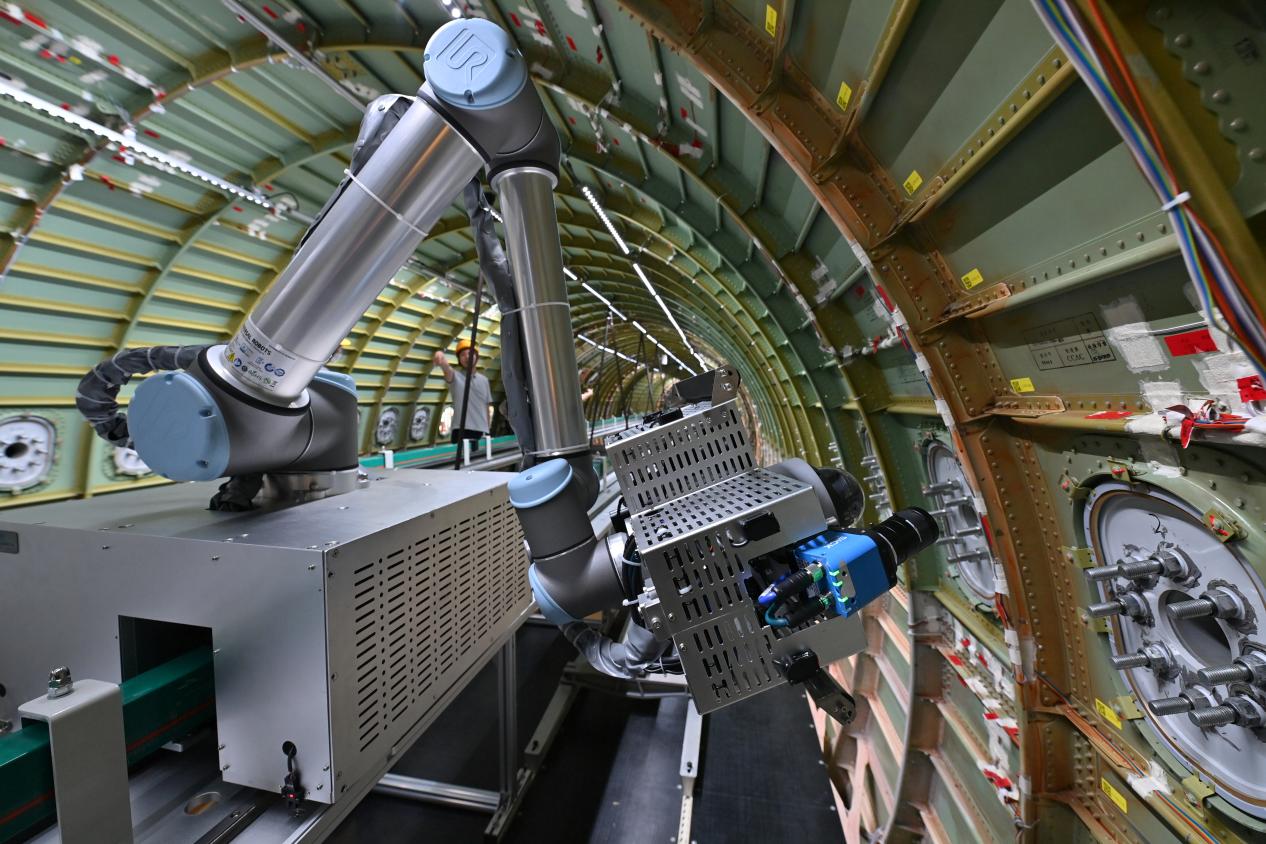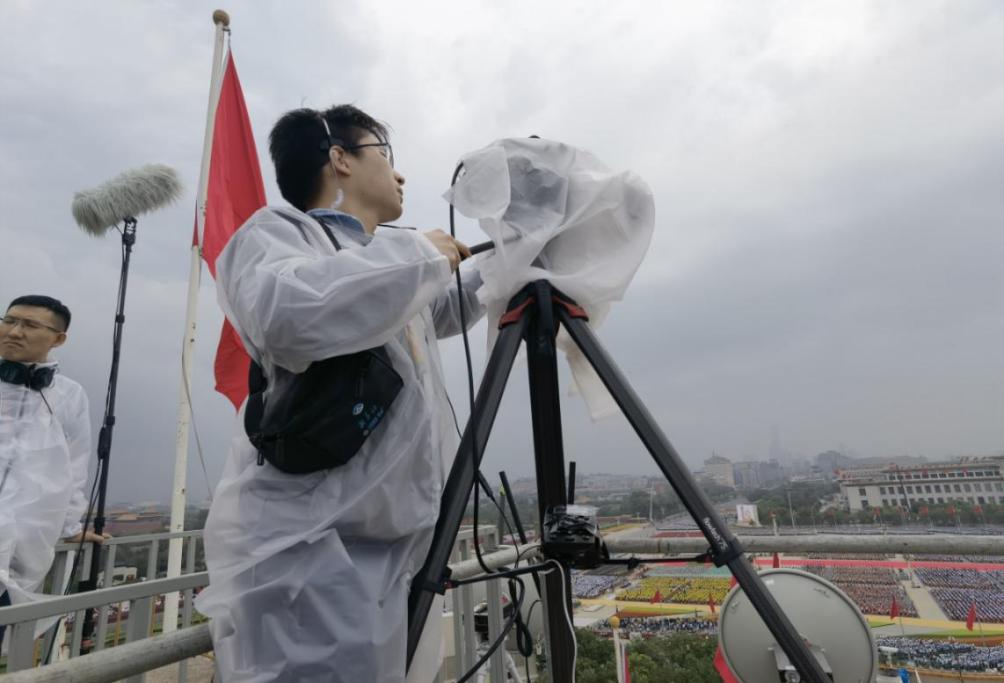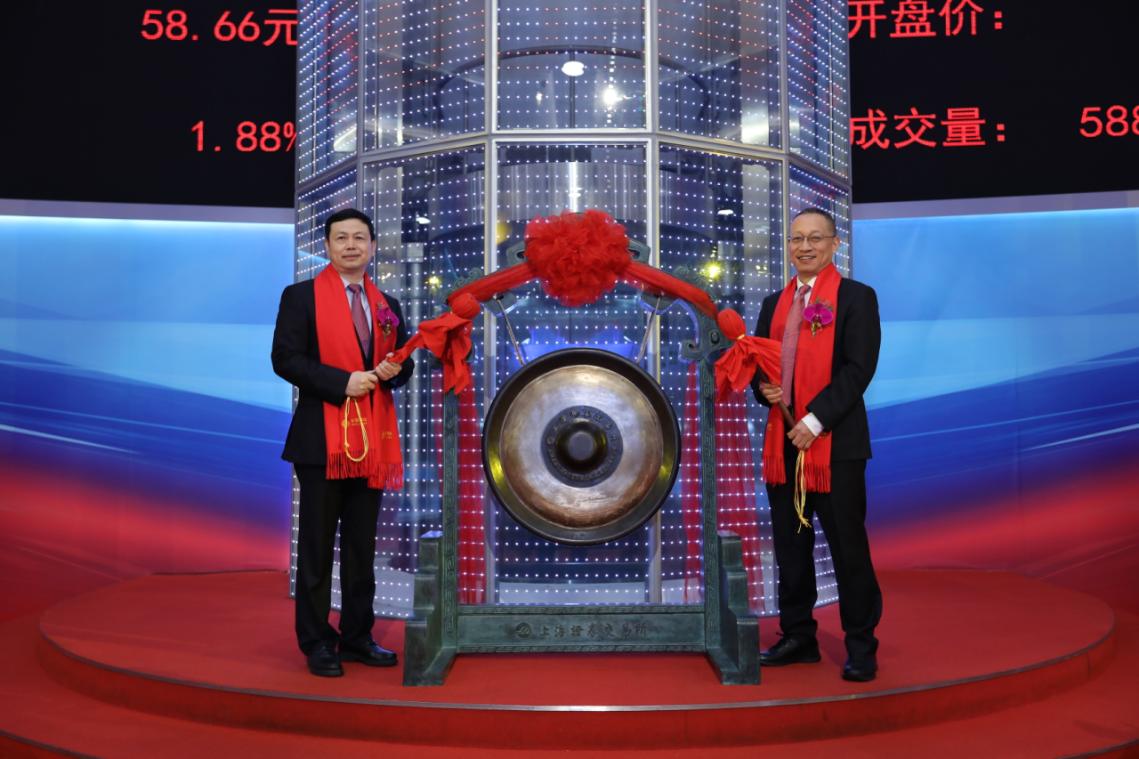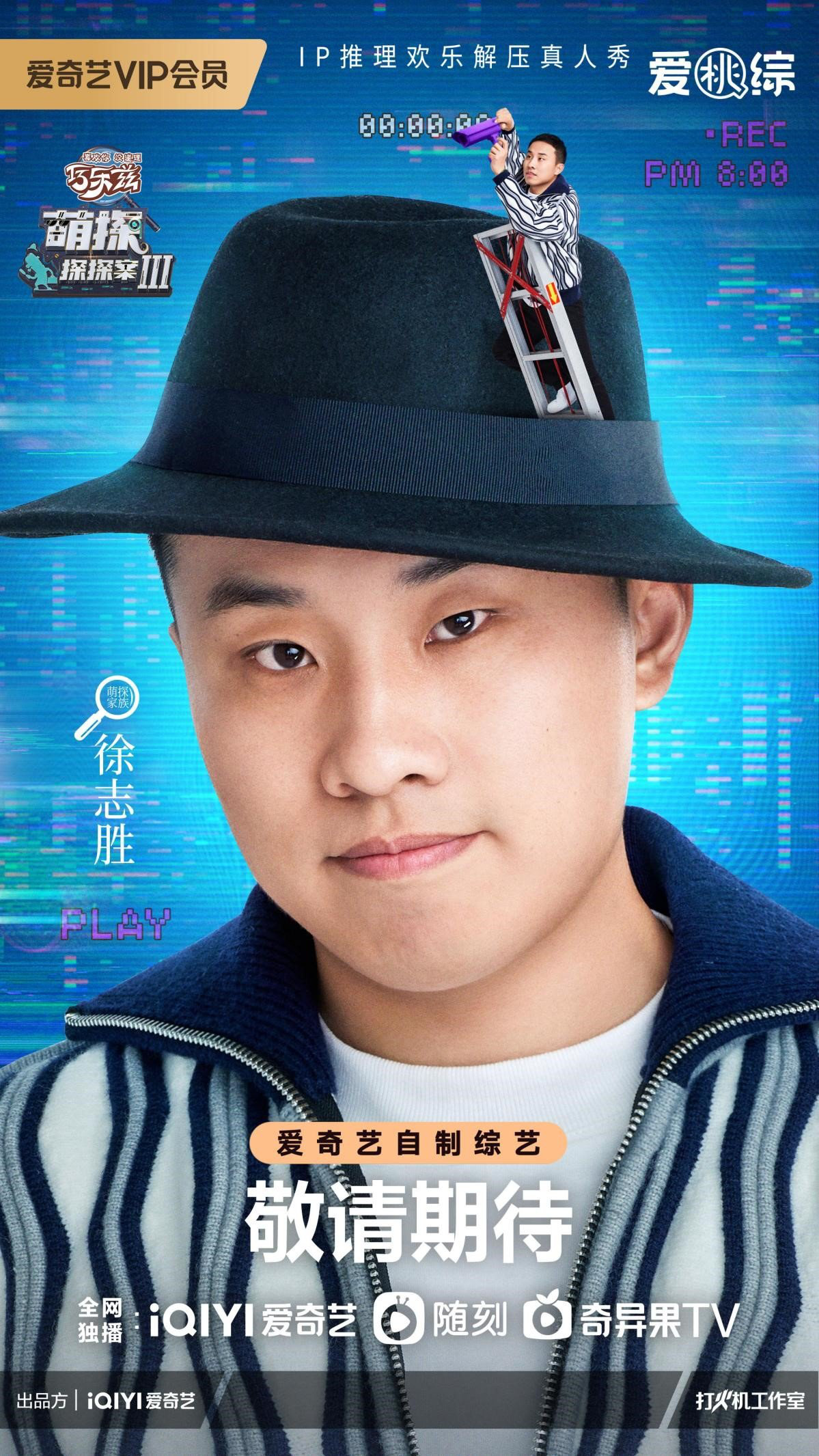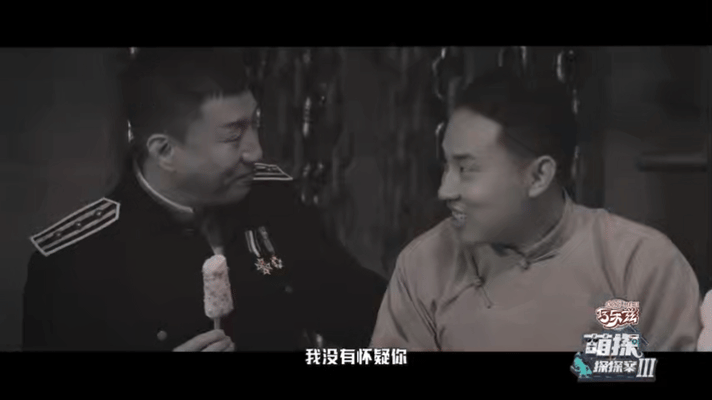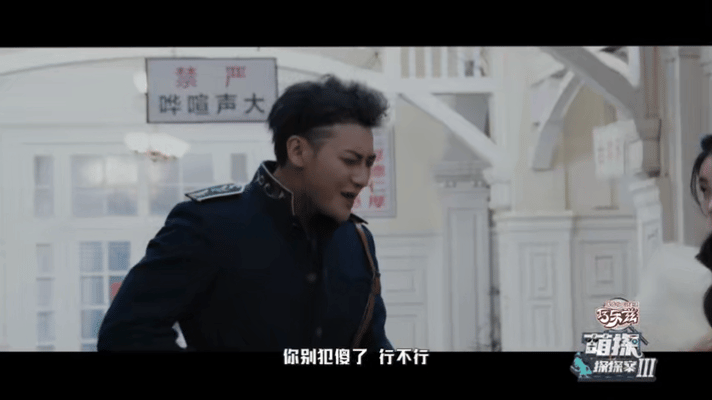Our province implements the "mentoring" project of medical and health counterpart aid in poverty-stricken areas.

Maoxian People’s Hospital held a ceremony to pay homage to the teacher, and the doctors in this hospital presented Qiang Hong to the "Master" of jianyang city People’s Hospital. Photo courtesy of jianyang city People’s Hospital
Deng Zhihui (first from right), an ophthalmologist in jianyang city People’s Hospital, instructs doctors in Dazhu County People’s Hospital. Photo courtesy of jianyang city People’s Hospital
Zhang Hongmin (neutral), a doctor from Suining First People’s Hospital, followed up patients with hypertension in Sancha Village, Tonghua Township, Li County. Photo courtesy of Suining First People’s Hospital
The counterpart support doctors of Sichuan Orthopedic Hospital examined the people in Songpan County. Photo courtesy of Provincial Orthopedic Hospital
focus
On February 2nd, a ceremony was held in Maoxian People’s Hospital, where 15 medical staff drank wine to five doctors who came to support jianyang city People’s Hospital. Five masters also presented professional books to the disciples, put on stethoscopes for them, and told them to constantly improve their ability to serve patients in their studies.
The ability construction of health talents is the key to cure diseases for the masses. On December 14th last year, the Provincial Health and Family Planning Commission innovatively implemented the "mentoring" project of medical and health counterpart support in poverty-stricken areas, aiming at transferring knowledge, helping institutions and bringing apprentices, and building a willing, capable and supportive local talent team for poverty-stricken areas, which is a new focus of health and poverty alleviation in our province.
Medical institutions at all levels acted quickly. At the beginning of the new year, 9 medical staff from the Provincial Orthopedic Hospital went to Xuanhan County and Songpan County, 10 experts from Panzhihua Central Hospital came to Muli County, and 50 medical staff from Neijiang City went to 19 medical institutions in 17 poverty-stricken counties … Teams came to the recipient medical institutions to help build health talents in poverty-stricken areas.
A
Teacher and apprentice
Create qualified local doctors
On January 8th, Zhang Hongmin, an orthopedic surgeon of Suining First People’s Hospital, came to Tonghua Township Health Center in Lixian County on the first day, and signed a "mentoring" agreement with the hospital, and also formulated the teaching and village doctor training plan for this year’s health center. "In addition to relieving the pain of local people, it is more important to train qualified local doctors so that they can be independent in the future."
On January 17th, Zhou Xuebing from Taoping Town came to Tonghua Township Health Center. The fourth toe of his left foot was red, swollen and painful for 4 days, and an abscess under the nail was formed in the affected area. Zhang Hongmin took Yu Fan, a disciple, to remove Zhou Xuebing’s toenails after local anesthesia, and instructed Yu Fan to dress the wound. "After many instructions from the teacher, I can now complete the nail removal operation myself." Yu Fan is very excited.
On January 12th, Ren Zhen (pseudonym) became the first local beneficiary of laparoscopic tubal ligation in Danba County People’s Hospital. She was operated by Kang Liping, the attending physician of Chengdu Sixth People’s Hospital who supported Danba County. Many local women of childbearing age choose tubal ligation for contraception, which causes great trauma and slow wound recovery. Kang Liping thought of using laparoscopic ligation, which not only reduces the pain of patients, shortens the hospitalization days, but also reduces the use of antibiotics. She learned that the hospital has laparoscopic surgical instruments, and the members of the department also have the basis to study laparoscopy, so she organized the doctors of the department to learn the relevant knowledge of laparoscopic surgery. Ren Zhen’s operation was very smooth, which also allowed local doctors to experience the operation process "zero distance". "I benefited a lot and gained a lot."
On March 6th, Tan Cuixia, Tang Hao and Luo Yang, members of the medical team of Chengdu First People’s Hospital in Leibo County, came to Wujiao Village and Temen Village for a free clinic, together with their apprentices. They diagnosed diseases, measured blood sugar, performed B-ultrasound for local people, and carried out traditional Chinese medicine diagnosis and treatment such as moxibustion and massage. Tan Cuixia guided his apprentice Shi Xiaomin to operate. After three days of free clinic, the disciples learned medical skills from the teacher.
B
Treat an emergency
The patients here need us.
From the city to the poverty-stricken areas, the counterpart support team members are thinking about how to leave their medical experience, pass on their skills to their apprentices, and improve the level of the aided medical institutions as soon as possible.
This year’s Spring Festival, the Fifth People’s Hospital of Chengdu supported the captain of the medical team of sertar county Hospital to stay in sertar county Hospital with team member Yao Zuoyi. "This kind of Spring Festival is more memorable."
On New Year’s Eve, after rounds, they prepare a reunion dinner with the local doctors on duty and jump in the pot farm with the local people. While greeting each other, a patient with a broken metacarpal bone was taken to the hospital, and Yao Zuoyi immediately examined and treated the patient. During the Spring Festival, they treated several emergency patients, such as acute pancreatitis and full-scale burns, and felt more and more that there were limited medical conditions and a lack of doctors, and there were still many things to be done. What the two doctors said most in video communication with their families was, "The patients here need us."
On the morning of March 16th, Hu Zhipu and two local apprentices made rounds in the maternity ward of Derong County Maternal and Child Health Family Planning Service Center, and explained the reasons for the patient’s treatment plan to the apprentices. As the attending physician of Qingyang District Maternal and Child Health Family Planning Service Center in Chengdu, Hu Zhipu has been in Derong County for more than a year, and only goes home on major festivals. "I think of this as another home." Hu Zhipu also contacted the caring team in Chengdu to raise common medicines and clothes for the poor people in Tibetan areas. On the weekend, she and the medical team visited the village to carry out free clinics. "Although the clothes we sent are not the latest and our technology is not the best, we must send love." Once, she suffered from acute attack of cholecystitis caused by stone incarceration. At that time, there were many patients in the hospital who needed emergency surgery. She unplugged the infusion needle and joined the medical team.
C
teach
Innovate the new path of talent training in poverty-stricken areas
"The’ mentoring’ project will innovate the training method of health talents in poverty-stricken areas and will supplement the existing talent training plan." Relevant persons of the Provincial Health and Family Planning Commission said that this assistance action has established a stable pairing relationship, and implemented mentoring, remote diagnosis and treatment guidance, and remote teaching, so as to strive that by 2020, local medical and health personnel in poverty-stricken areas can meet the medical and health service needs of local people.
"What the masses are most worried about is the medical skills of doctors. The’ mentoring’ project will play a good role in promoting talents through measures such as mentoring." The relevant person in charge of the Health and Family Planning Bureau of Enyang District, Bazhong City said.
The "mentoring" project, which "disseminates" knowledge and skills, adopts clinical training, process teaching and special training to improve the four professional qualities of local talents at county and township levels in a relatively short period of time, such as academic qualifications, professional titles, practicing capital and job skills. "Helping" means helping institutions and disciplines, and adopting the methods of sinking the technical team, sinking the discipline team and sinking the management team, etc., so as to promote the state and county level institutions and central health centers to reach the standard and grade, and the disciplines are developed. "Bringing" means bringing individuals and teams, and adopting the methods of mentoring, remote diagnosis and treatment, quality review, etc., so that the help objects can grow into talents as soon as possible.
In order to stop going through the motions, the Provincial Health and Family Planning Commission has set a clear goal for the "mentoring" project. Every year, 350 general practitioners will be transferred to jobs and 7,000 qualified village doctors will be trained. By 2020, the goal of "one township, one general practitioner" and "one village, one doctor" will be realized. In principle, there should be at least one belt and three for medical institutions, at least one belt and two for women and children’s institutions, at least one belt and two for disease control and supervision institutions, and at least one belt and two for central health centers to ensure the coverage of major departments (majors) and personnel within three years; Focus on cultivating the ability of diagnosis and treatment of common diseases and frequently-occurring diseases, identification and referral of acute and critical diseases, and monitoring and disposal of infectious diseases. (Reporter Shi Xiaohong, Xu Hong)




